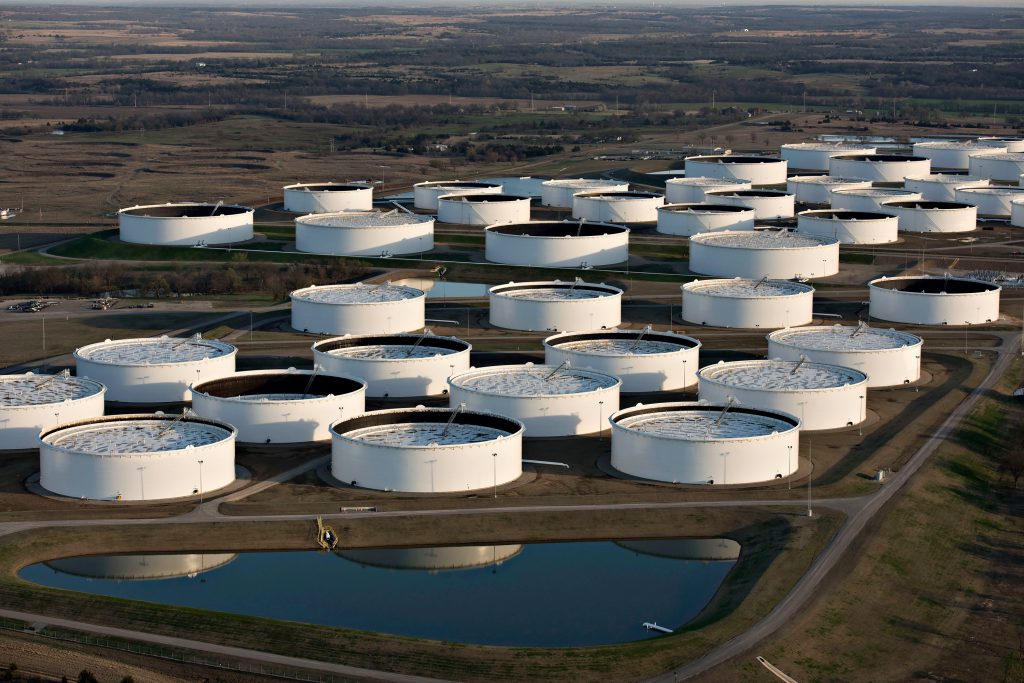
London — Oil extended losses on Wednesday after plunging 5% in the previous session, as investors priced in expectations for interest rate hikes in the U.S. and Europe and waited for clarity on future policy path.
Brent futures dipped 12 cents, or 0.2%, to $75.20 a barrel by 0605 GMT, while West Texas Intermediate crude (WTI) fell 17 cents, also 0.2%, to $71.49.
Both benchmarks closed at their lowest since March 24 in the previous session, when they also recorded their biggest one-day percentage declines since early January.
“Sentiment in the oil market remains negative,” Warren Patterson and Ewa Manthey, analysts from ING, said in a note to clients. “Investors seem to be getting increasingly nervous about the macro outlook and its implications for oil demand.”
The U.S. Federal Reserve is expected to hike interest rates by an additional 25 basis points on Wednesday to combat inflation, while the European Central Bank is also expected to raise rates at its regular policy meeting on Thursday.
More hikes could slow economic growth and hit energy demand.
“A 25 basis-point rate hike has been fully priced, so focus will be on how Fed Chair Jerome Powell balances between keeping the Fed’s tightening option open and calming nerves around the renewed banking jitters,” Yeap Jun Rong, market analyst at brokerage IG, said in a note.
Regulators seized First Republic Bank (FRC.N) and sold its assets to JPMorgan Chase & Co (JPM.N) on Monday, in a deal to resolve the largest U.S. bank failure since the 2008 financial crisis and draw a line under a lingering banking turmoil.
In Australia, the central bank stunned markets by hiking its cash rate on Tuesday and warned that further tightening may be needed to combat high inflation.
Concerns about diesel demand in recent months, meanwhile, have pushed down U.S. heating oil futures to their lowest level since December 2021.
Energy prices are also under pressure after data from China over the weekend showed manufacturing activity fell unexpectedly in April. China is the world’s largest energy consumer and top buyer of crude oil.
The reopening of China’s economy will be pivotal for Asia, the International Monetary Fund said as it raised its economic forecast for the region on Tuesday. But it warned of risks from persistent inflation and global market volatility driven by Western banking-sector woes.
Meanwhile, U.S. crude stockpiles fell for a third week in a row for the first time since December, down some 3.9 million barrels last week, according to market sources citing American Petroleum Institute figures on Tuesday.
Official stockpile data from the U.S. Energy Information Administration is due at 10:30 a.m. EDT on Wednesday.
A Reuters survey found that OPEC oil output fell 190,000 barrels-per day in April, mainly driven by Iraq and Nigeria. Output is set to drop further in May as a new round of voluntary cuts unveiled on April 2 takes effect.
*Laura Sanicola, Muyu Xu; Editing: Himani Sarkar – Reuters
Follow us on twitter



